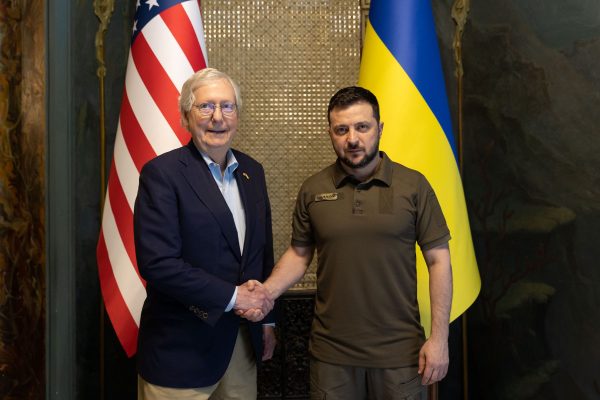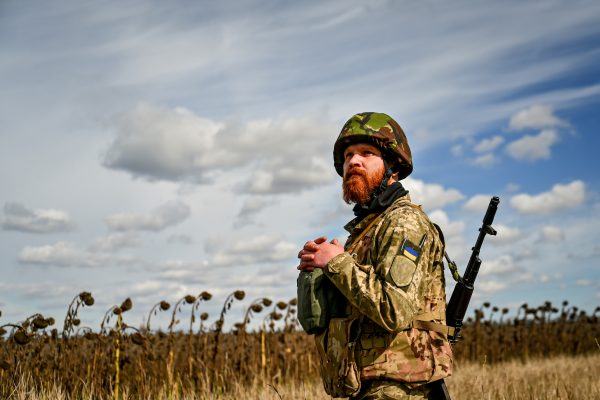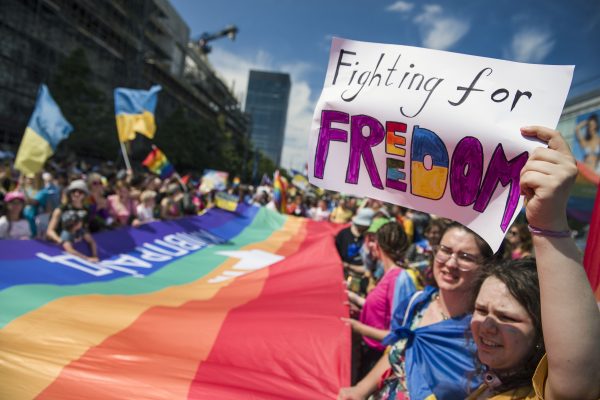Event Overview
What strides have former Soviet countries made to overcome past oppression and contemporary false narratives to create a better future?
The victory over Nazi Germany in 1945 was and remains an important milestone in European and world history. While most of Europe celebrate Victory in Europe Day on May 8, Russia continues the Soviet tradition of celebrating on May 9, often with a military parade. This year, the usually lavish parade was canceled due to the COVID-19 pandemic, but the Kremlin continues to put forward a distorted narrative that underplays the hardships the Soviet Union inflicted on its neighbors. Moscow portrays the Soviet role in the war as a so-called benevolent victor, but the reality is that the end of WWII did not bring peace and freedom to Central and Eastern Europe, as many of its countries did not have a choice about Soviet occupation and the mass suffering and oppression that followed. The Kremlin’s modern-day narrative around WWII denies the historical reality of these countries’ decades-long struggle for freedom.
CEPA hosted the Lithuanian, Polish, and Ukrainian Ambassadors to the United States for a discussion on Russia’s exploitation of WWII history, how the West can counter these narratives, and the significant strides former Soviet countries have made to overcome past oppression and contemporary false narratives to create a better future.




